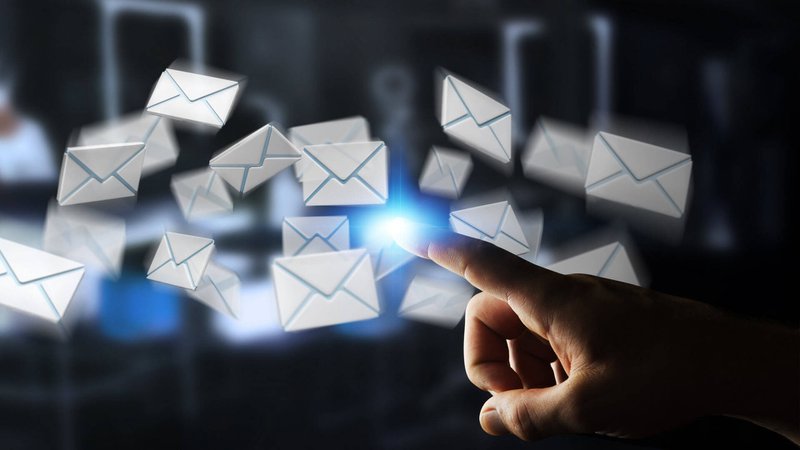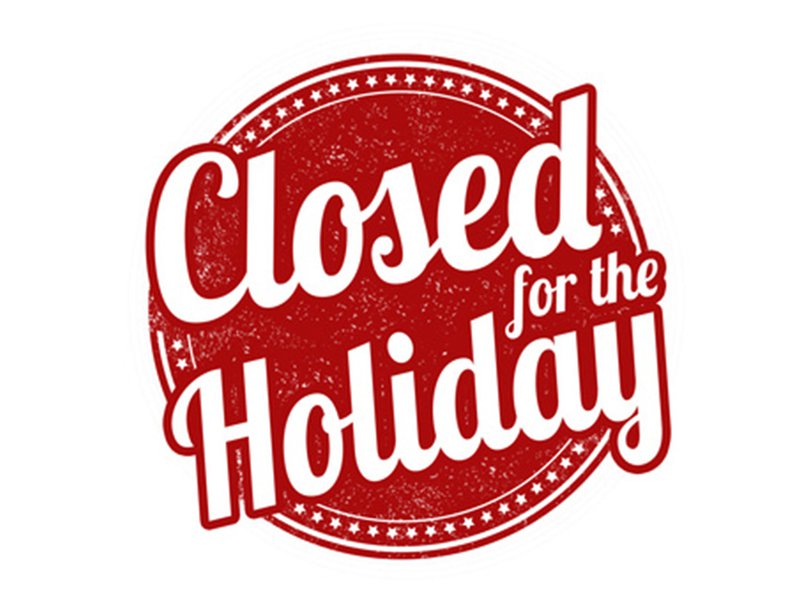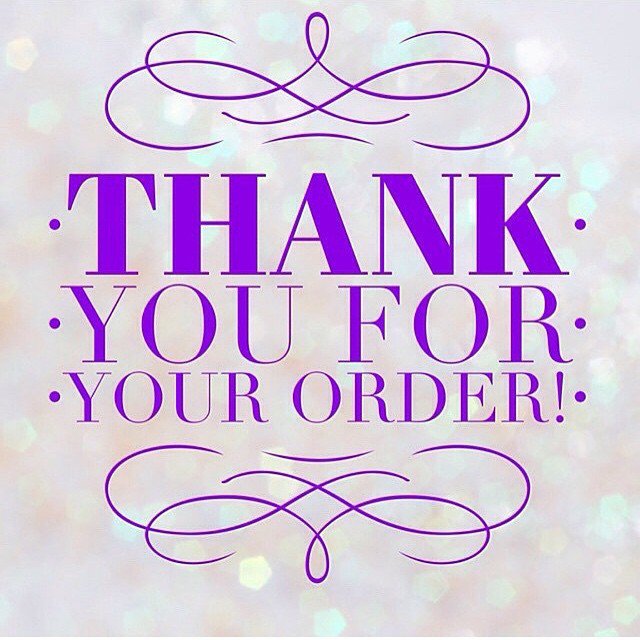Automated emails for SMEs can be simple to implement and make a massive difference to the bottom line. Some small business owners are frightened away from this valuable channel by all the complexity that surrounds talk about marketing automation.
But email automation is only as complicated as you decide to make it.
And the good news is, the biggest gains come from implementing the easiest steps!

New to email? Start your journey with our Ultimate Guide to Email Marketing for Beginners.
If your small business is not doing email marketing, here are the headline reasons why you should be:
1. Return on investment outstrips other channels: on average, businesses make $42 – $44 back for every $1 spent!
2. 73% of companies that do email marketing think it provides “good” or “excellent” value for money.
3. It’s EASY to get started.
4. It’s INEXPENSIVE – for small subscriber lists, you can even get email marketing tools for FREE.
Case closed! If you’re not doing email marketing, you’re leaving money on the table.
“But isn’t it a lot of work?” you may say. “Won’t I have to spend hours and hours writing and managing emails?”
No.
Automated emails for SMEs can SAVE you time – precisely because they are automated.
In this blog, we’re going to look at the simplest kinds of automated emails you can set up: one-shot mailings you can prepare in advance and send out to your list at specific automated instances.
We’ll look at four broad areas where this works well, before turning to some business activities where you may need to take a different approach.
- Automated Emails for SMEs – Preset Intervals
- Automated Emails for SMEs – Fixed Times of Year
- Automated Emails for SMEs – Planned Promotions
- Automated Emails for SMEs – Transactional Mailings
- Activities that Automated Emails Don’t Work Well For
1. Automated Emails for SMEs – Preset Intervals
Perhaps your business services fire extinguishers for other businesses. In the UK there are legal requirements around how often this must be done:
- Basic service – once a year
- Extended service – every five years
You know when your customers last had their units serviced – that’s an advantage you have over all the other companies looking to snatch that business from you.
You can send out reminders at precisely the time when they will need to have the services carried out again to stay compliant.
And you know what? Because fire extinguishers are rarely at the top of most people’s priority lists, your customers will probably be grateful for the reminder!
Simply produce an email saying that the servicing will soon be due by law and inviting them to book an appointment with you.
That simple reminder will get you a LOT of repeat business for minimal effort.
The “service due reminder” email works for loads of other types of business:
- Electricians carrying out PAT testing
- Gas engineers servicing premises’ boilers and heating systems
- Mortgage brokers whose clients’ special rate or fixed rate periods are ending
- Garages reminding drivers about approaching MOT dates
- Businesses that supply goods with known expiry dates. For example, printer cartridges
- Birthday gift providers can offer reminders a year after the last purchase
- Any business that provides warranties on its work for a fixed period of time, before or after the end date. For example, roofing contractors, pest controllers, auto repairs, etc
- Any business that offers time-limited certification services. For example, health and safety consultants, and first aid training providers.
- Dentists, opticians, and other health professionals
- Veterinarians reminding pet owners that vaccinations are due
- Providers and distributors of fixed period subscription products (eg magazines, book clubs) – although later, we’ll look at kinds of subscription businesses that SHOULDN’T send automated reminders…
There are other kinds of preset interval automated emails for SMEs.

Suppose you run a language school providing evening classes.
Make sure your students show up to classes properly prepared by scheduling reminder emails the day before!
You can include:
- Times, dates, and locations
- Details of what each class will cover and homework due
- Contact details for inquiries
Why not include some adverts for other services you provide as well in the emails?
These can all be written in advance and used again and again – so long as you change the dates!
Recurring appointment reminders are useful in a huge range of businesses, including:
- Hairdressers
- Beauticians
- Gyms and personal trainers
- Therapists
2. Automated Emails for SMEs – Fixed Times of Year

For some types of business, there are things that are going to happen on specific dates that you know about well in advance, and that your customers would benefit from knowing about.
Seasonal opening and closing dates, for example. You can drum up returning business by creating a buzz about opening for the season, and provide valuable customer service by letting people know when you will be closed.
This kind of email can be very valuable for:
- Summer and beach clubs
- Outdoor swimming pools
- Ski schools
- Tourist attractions
- Half-term and holiday activities for kids and parents
- Pick-your-own produce farms
- Pop-up businesses
- Tour operators, changing their seasonal programs
There are also certain goods and services that customers could buy all year round, but which are far more front-of-mind and likely to be purchased at predictable times.
A pre-scheduled email landing in somebody’s inbox just as they begin to think about needing something is a perfect trigger for purchase.
For example, if you run a pool cleaning company it’s not inconceivable that you will get business all year round. People with indoor pools are not affected by the weather, but anybody with an outdoor pool is likely to cover it up and forget about it from early autumn until late spring.
Most of your potential customers are not going to be looking for your services for large parts of the year.
But as the weather improves and people begin to spend more time outdoors, thoughts will inevitably turn to get the pool ready to use again.
That is the time to schedule a reminder.
Even better, include a discount coupon as an incentive to book with you! Then you can schedule “service due” reminders over the rest of the summer to make sure they keep getting you back in for as long as the pool is in use.
That’s just one example. Other businesses that can benefit from pre-scheduling emails around seasonal demand include:
- Companies selling gifts and novelties relating to Christmas, Easter, Halloween, and other festivals
- Fireworks vendors
- Farm shops selling local produce. Depending on where in the world you are, fresh asparagus, avocadoes, oranges, raspberries, strawberries, corn, melons, squash, rhubarb, etc all come in and out of season in specific months
- Gyms and personal trainers, tapping into New Year resolutions in January
- Agricultural service providers: for example, farriers, farm machinery hire, artificial inseminators, and labor agencies at harvest time
- Lettings agencies and removal businesses in student centers immediately before the start of the new college year
- Cleaners providing spring cleaning services
Seasonal effects spread out through the B2B supply chain too.
Maybe your company sells cardboard packaging.
Are you sending out special offers and reminders to your e-commerce customers as THEY get ready to service the Christmas rush?
Or perhaps you provide event security.
Are you reaching out to festival organizers as they get ready for the summer season?

In the UK, self-assessment tax returns have to be submitted by January 31 for the previous tax year.
Accountants should be reaching out to their clients and other businesses a few months before this deadline to get the work booked.
Email anyone you haven’t heard from with a more urgent message in early January!
And then automate another email in February to book in next year’s returns. A few clients will certainly take up the offer then and there.
3. Automated Emails for SMEs – Planned Promotions
You don’t have to rely on the seasons. You can always plan your own promotions well in advance and prime your customers to take advantage of them with automated emails.
For example, many retailers put on January sales every year. You may not know what specific stock you’re going to discount months beforehand, but you can still prepare a generic email promotion to go out in mid-December to get customers ready.
Of course, it doesn’t have to be in January.
Maybe you’re a fashion retailer and you know your suppliers’ new lines come out in June.
So you’ll be clearing out old stock in May. Get your email promotion ready early to save time later when you’ll be busy!

Alternatively, perhaps you’ve booked a well-earned holiday and your business will have to close down temporarily while you relax.
Schedule an email to your customers when you book it to go out shortly before you jet off so that they don’t turn up at your store only to be turned away.
The same approach can be used to cross-sell complementary services.
For example, let’s say you run a small law practice.
Why not set up an automated email to go out 6 months after finishing any piece of work for a client offering will writing, estate planning, and other services you have to offer?
Many people need these kinds of professional services, but will never think about arranging them until prompted.
Finally in this section, there are outside events that affect your business, which you can use as the basis for reaching out to your customers and leads.
Major changes in the law, such as the GDPR coming into force on May 25, 2018, may alter how you need to interact with your customers or introduce new requirements you can help them with.
The dates for big shifts like GDPR are usually known well in advance, so you can plan your automated emails to land at precisely the time when your customers are thinking about them.
4. Automated Emails for SMEs – Transactional Mailings

This is a different kind of automated email from those we’ve looked at above.
Transactional emails are one-to-one emails communicating with a customer about a process they are involved in.
They are automated in that they are triggered automatically as the customer moves through a process, often a purchase. So they include:
- Order confirmations
- Notifications that your order is out for delivery
- Invoices
- Delivery notifications
- Requests for feedback
Clearly, setting up transactional emails is a little more complicated than the other examples we have looked at – although the email templates and workflows can all be written in advance, even if they have to be populated dynamically with order-specific information.
Transactional emails have an average open rate EIGHT TIMES HIGHER than other emails, so if you can implement them they offer enormous potential for marketing other services to current customers.
5. Activities that Automated Emails Don’t Work Well For
If automated emails work so well in so many spheres, why wouldn’t every business use them?

Well, there are some kinds of businesses where the kinds of messages we’ve discussed here are not appropriate. These include:
- Subscriptions that automatically renew each month (for example, a lot of SaaS products). If you schedule too many reminders, you’re just inviting people to leave!
- Any kind of business relies on unpredictable events outside its own control. Every kind of arbitrage business falls into this category – if you’re making money on unpredictable price differences (eg stock trading), there’s not much you can do to pre-plan your mailings.
- The same goes for travel agents and other brokers who resell other companies products and services. You need to know what you’re selling before you email your customers about it!
But then, different types of email automation beyond those we’ve been looking at can work wonders for these types of companies.
So that’s our summary of automated emails for SMEs. We hope it’s given you plenty of ideas for making more money for your business!

Leave a Reply